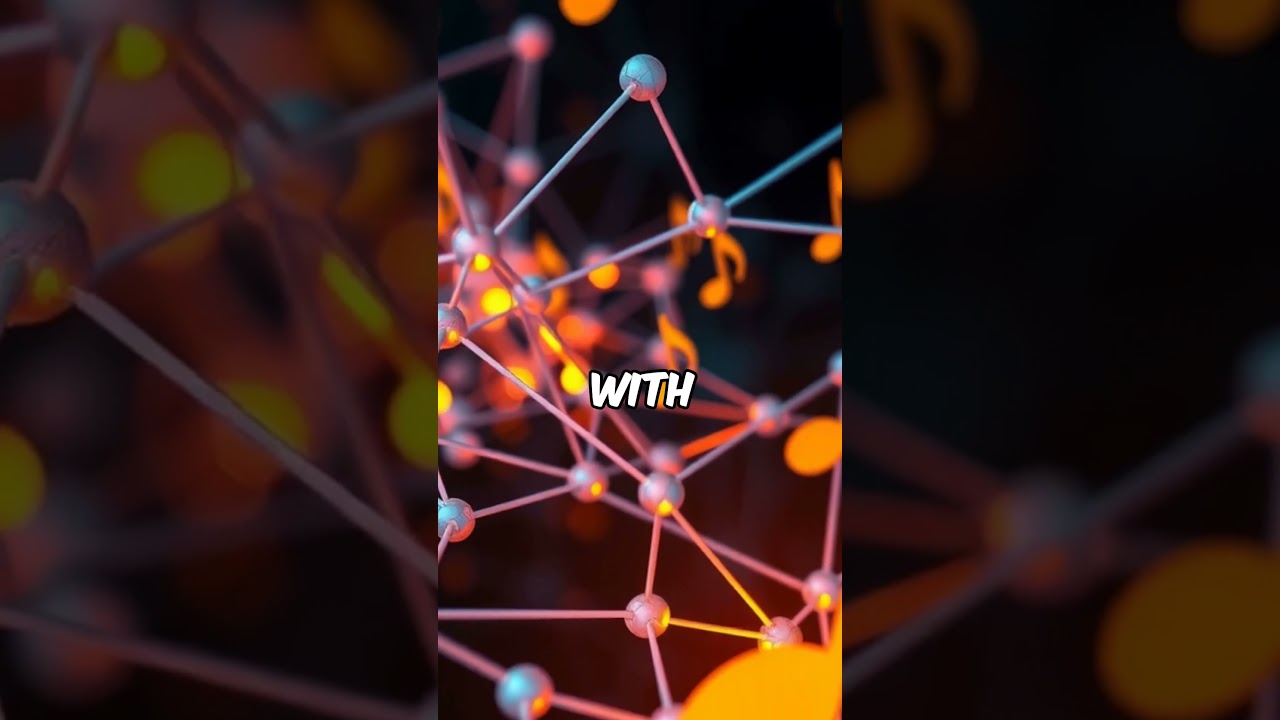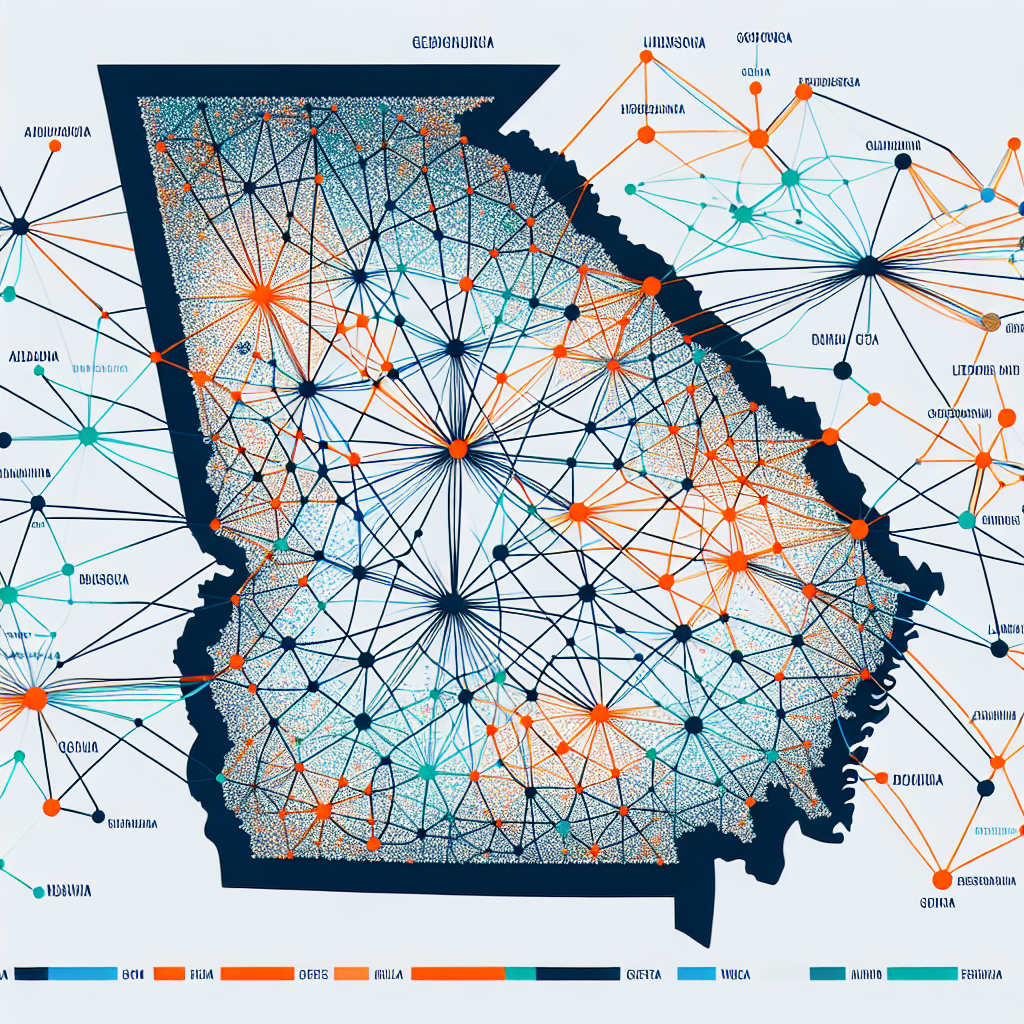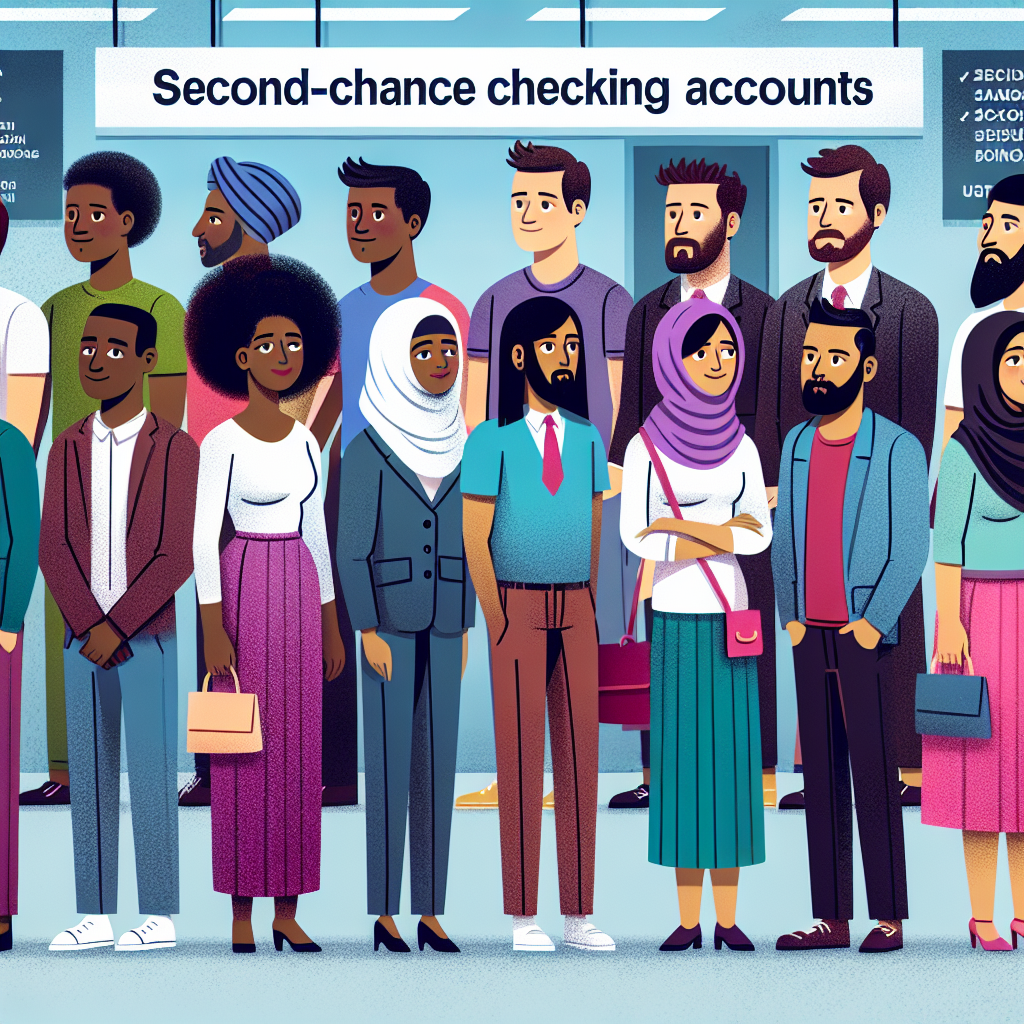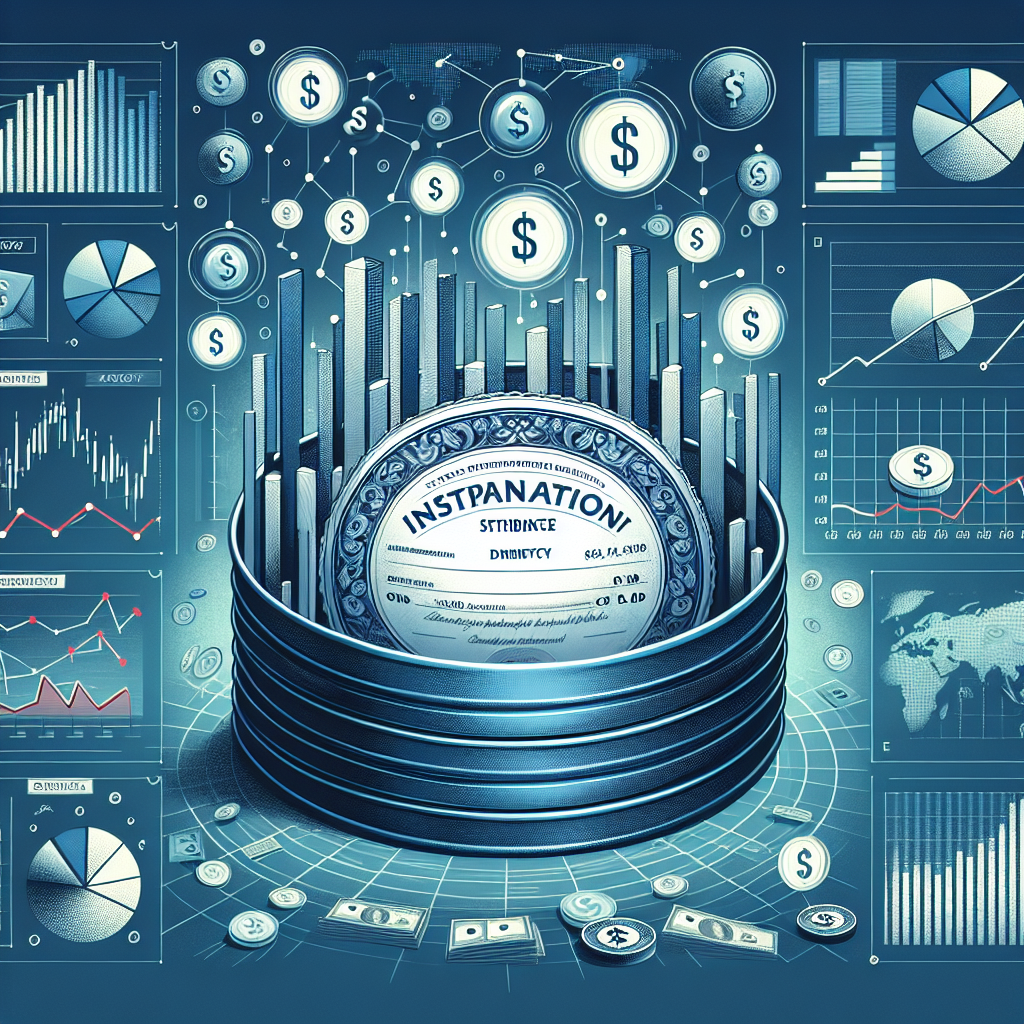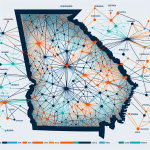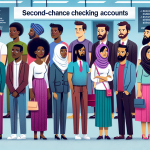The Music Royalty System: An Overview
The music royalty system is how artists, songwriters, and music producers earn money from their creations. Every time a song is played, whether on streaming platforms, radio, or in public spaces, the creators deserve to be paid. However, the current system is often seen as complicated and unfair. Many artists receive only a small fraction of what they should earn.
Understanding Key Terms
- Royalties: Payments made to artists and creators for the use of their music.
- Blockchain: A decentralized digital ledger that records transactions across many computers securely.
- Smart Contracts: Self-executing contracts with the terms of the agreement directly written into code.
- Streaming Services: Platforms like Spotify and Apple Music that allow users to listen to music online.
The Current Problems in the Music Royalty System
There are several issues with the current music royalty system:
Discover how NFTs are revolutionizing music royalties, ensuring fair compensation for artists.
- Lack of Transparency: Many artists do not know how much they earn from their music.
- Delayed Payments: Payments can take months to reach artists.
- High Fees: Intermediaries, like record labels, often take a large cut of the profits.
- Unequal Earnings: Big-name artists earn significantly more than independent musicians, creating inequality.
The Role of Blockchain in Addressing These Problems
Blockchain technology has the potential to revolutionize the music royalty system in several ways:
1. Enhanced Transparency
Blockchain provides a transparent way of tracking music usage. Each time a song is played, a transaction on the blockchain can record this, making it easy for artists to see exactly how much they are owed.
2. Faster Payments
Using smart contracts, payments can be executed almost instantly. When a song is played, the smart contract can trigger payment directly to the artist without needing a middleman.
3. Reduced Costs
By eliminating intermediaries, blockchain can significantly reduce the fees associated with music royalties. This means more money goes directly to the artists.
4. Empowering Independent Artists
Blockchain allows independent artists to reach their audience without major record labels controlling their earnings. This democratizes the music industry.
“Blockchain can be a game-changer for the music industry, allowing artists to take control of their royalties and earn fair treatment.”
Real World Examples of Blockchain in Music
Several initiatives have already started using blockchain technology:
- Myco: A platform that allows artists to publish their music on the blockchain, ensuring they get paid directly.
- Ujo Music: A project that uses smart contracts to manage music rights and payments in a transparent way.
- Choon: A music-streaming service that pays artists in cryptocurrency every time their songs are played.
Challenges and Future Outlook
While the potential of blockchain in the music industry is promising, there are challenges to consider:
- Adoption Issues: Artists and music companies may be hesitant to switch from traditional systems to blockchain.
- Regulatory Concerns: There may be legal issues surrounding how blockchain will handle copyrights and music rights.
- Technical Barriers: Not everyone is tech-savvy enough to understand how blockchain works.
Despite these challenges, many believe that the music industry is moving towards embracing blockchain. As technology evolves, the potential for a fairer and more transparent music royalty system is within reach.
“The future of the music industry could very well hinge on how well we can integrate blockchain technology into existing systems.”
In Summary
Blockchain technology shows great promise in revolutionizing the music royalty system by enhancing transparency, speeding up payments, reducing costs, and empowering independent artists. While challenges exist, ongoing projects demonstrate that change is already happening.
